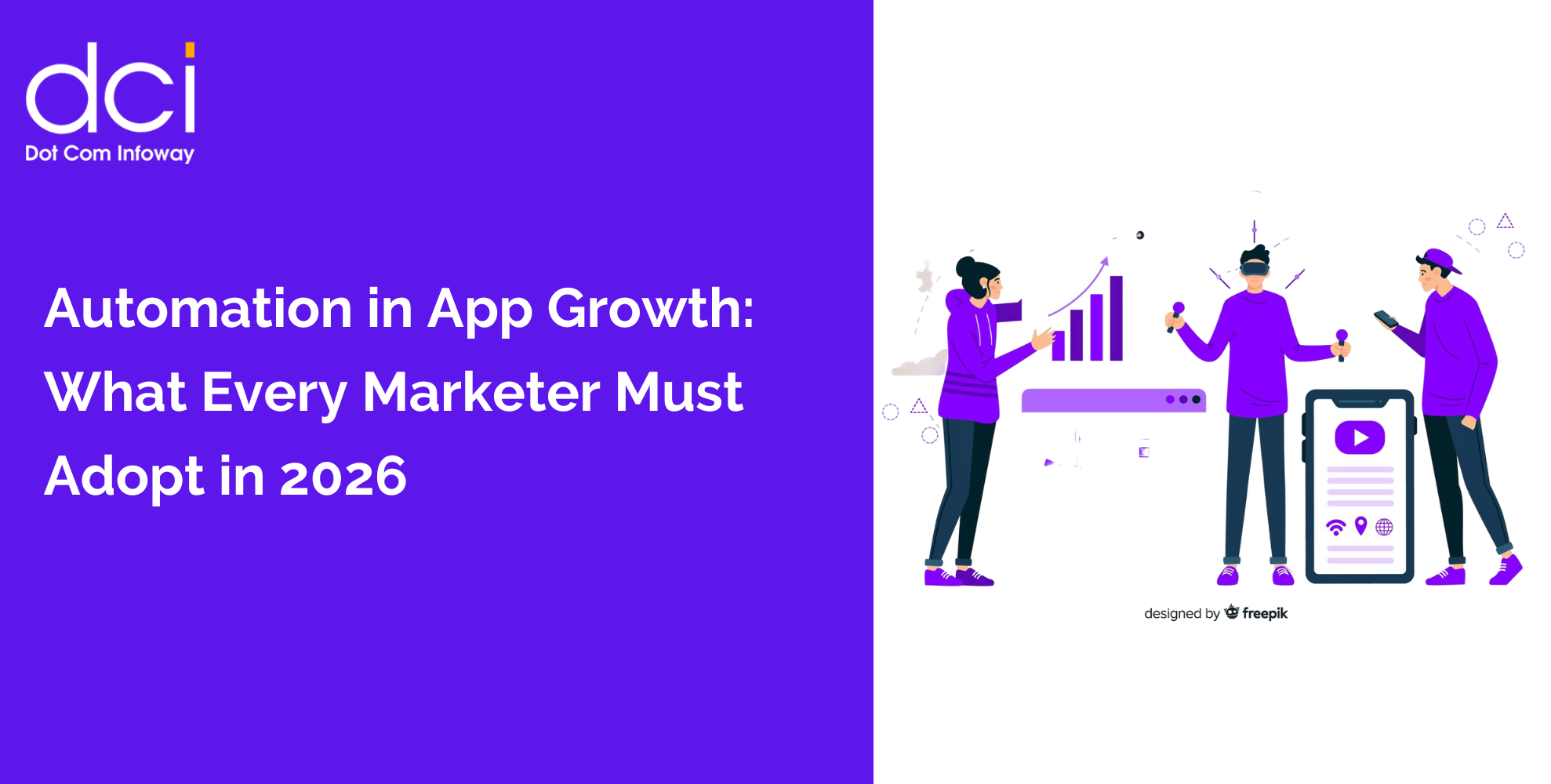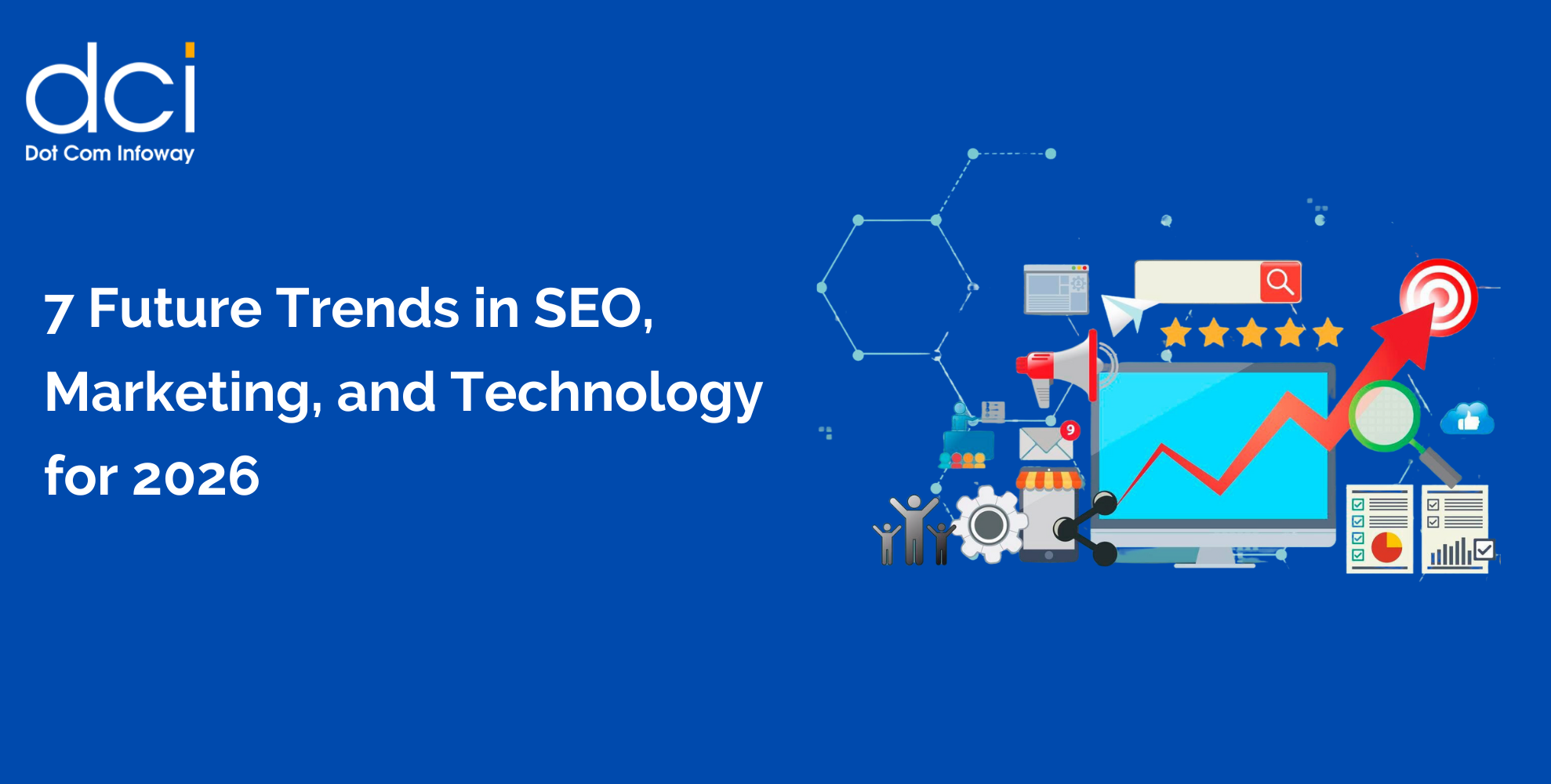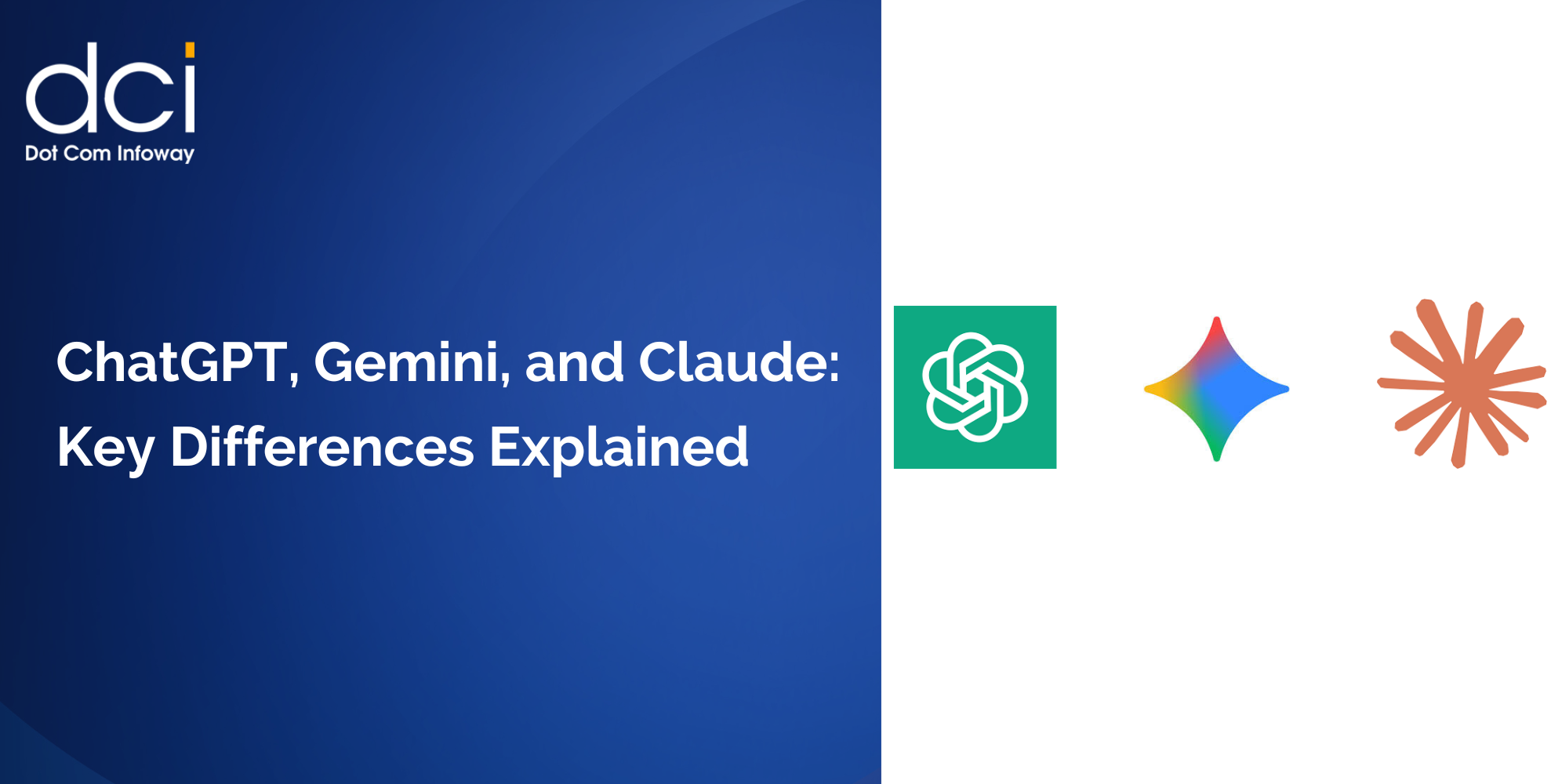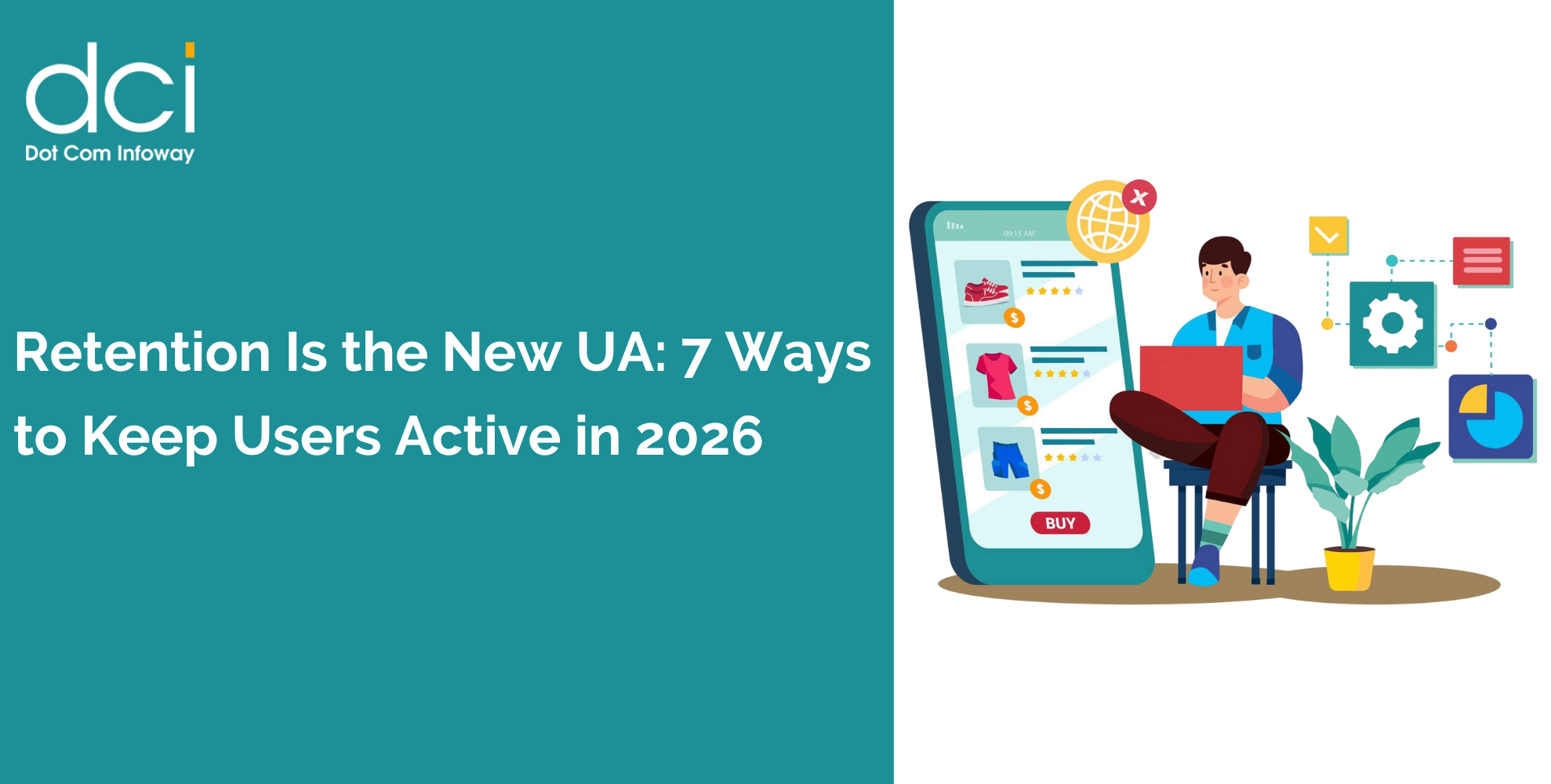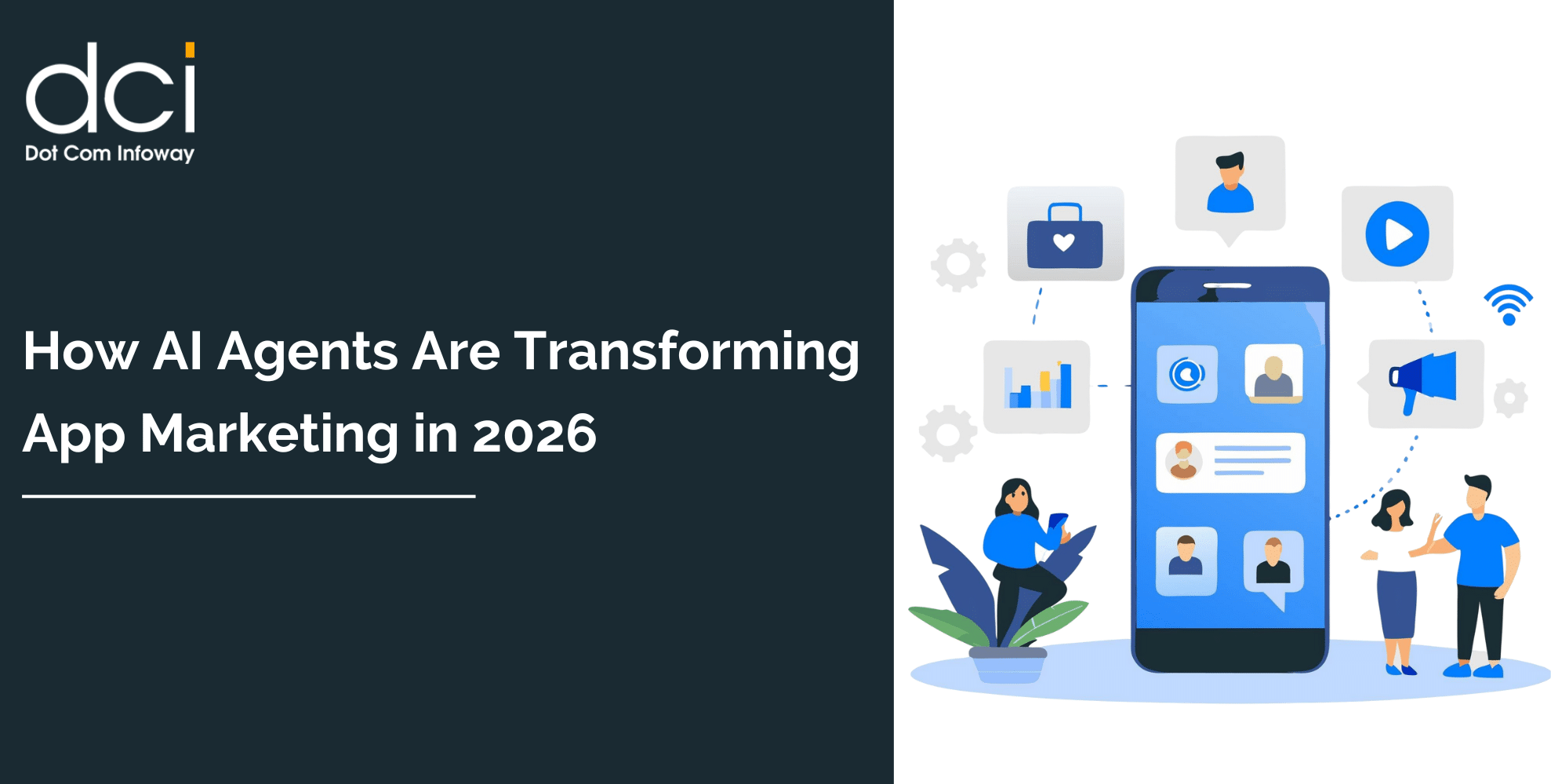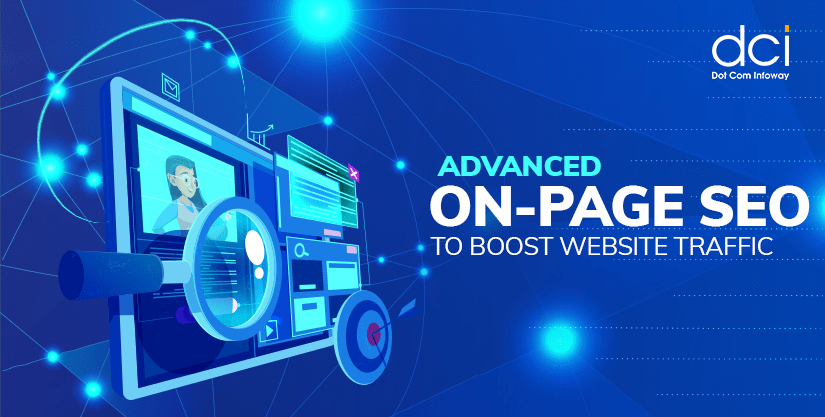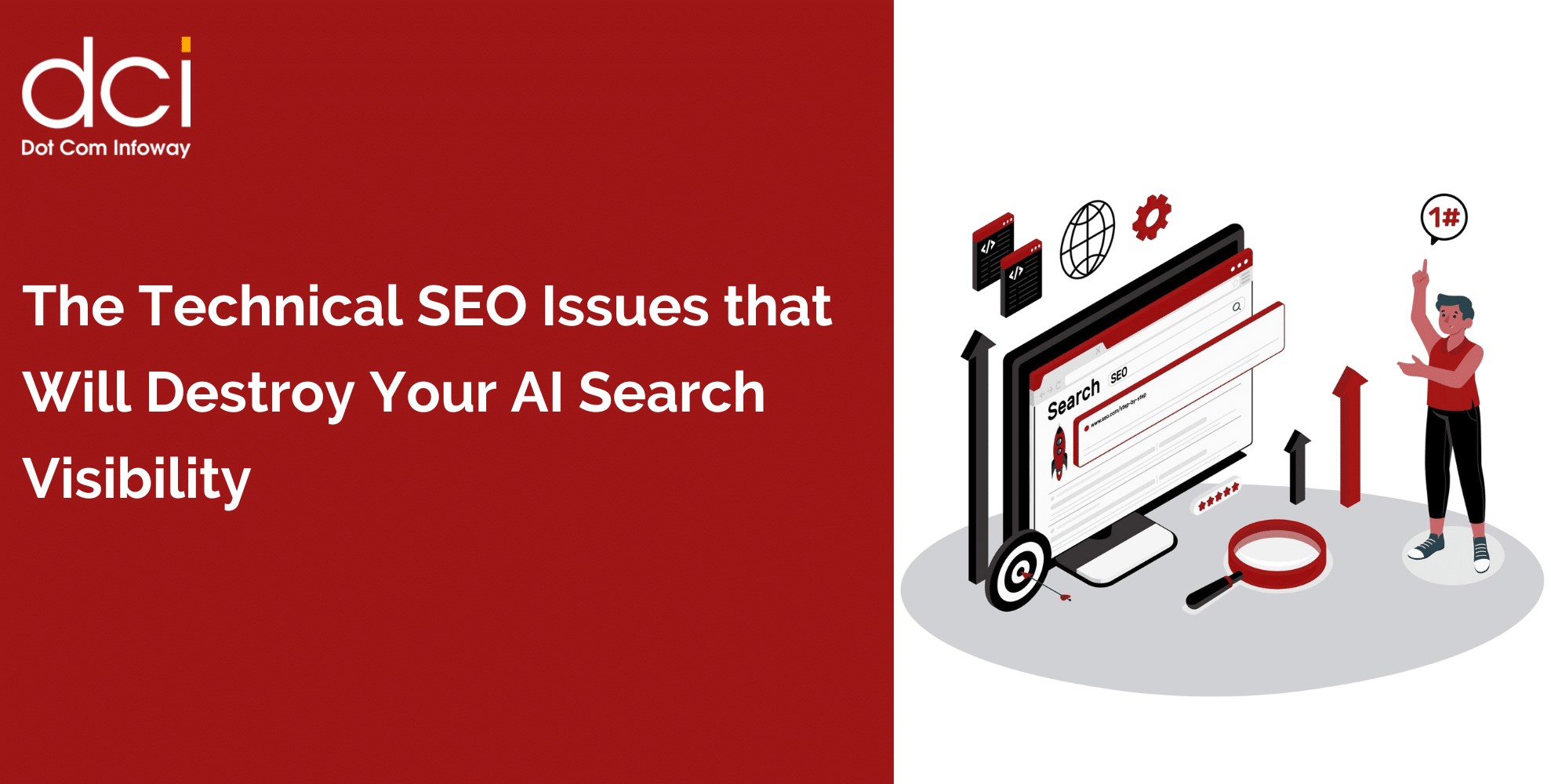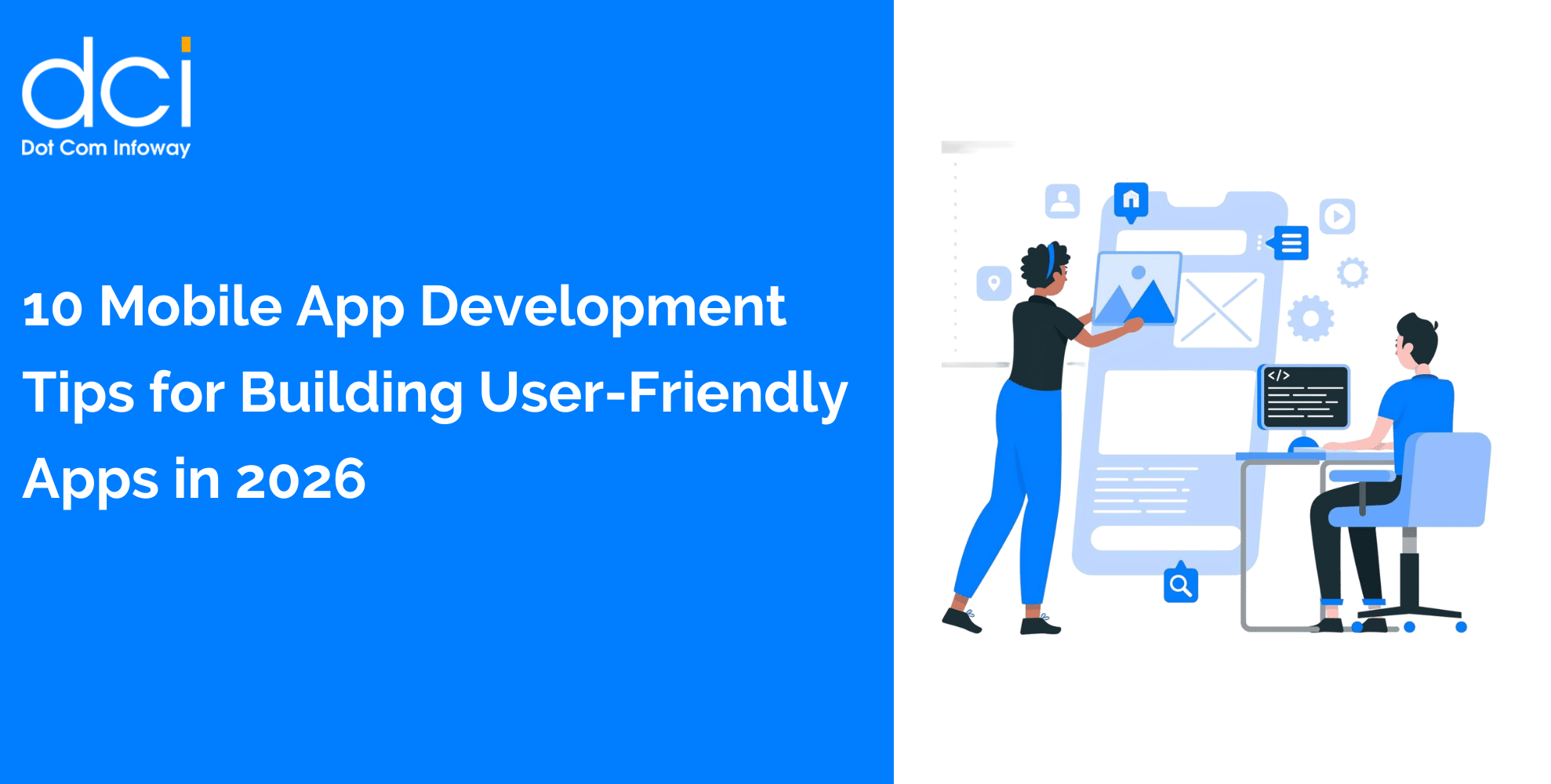LLM SEO Services That Actually Drive Results
The most effective LLM SEO services focus on five core areas that directly impact AI visibility and traffic quality.
1. Original Data & Research Publishing
AI systems prioritize unique, data-driven content. Companies succeeding with AI SEO optimization consistently publish:
- Internal data analysis and trends
- Industry surveys and studies
- Expert interviews and insights
- Comparative research projects
Real Example: A cybersecurity firm analyzed 15 recent breach reports specifically for small businesses—their content now appears in 70% of relevant ChatGPT responses about SMB security.
2. Multi-Modal Content Creation
AI systems increasingly favor content combining text, images, videos, and interactive elements. This creates more citation opportunities across different AI response formats.
Winning Formats:
- Infographics with data breakdowns
- Interactive calculators and tools
- Video explanations with transcripts
- Downloadable resources with summaries
3. Community Platform Optimization
Semrush’s research revealed Quora is the most-cited website in Google AI Overviews, with Reddit coming second. Smart businesses are strategically building presence on these platforms.
“Quora and Reddit users often ask and answer niche questions that aren’t addressed elsewhere. Making them rich information sources for highly specific AI prompts.” – Semrush Study
4. Conversational Content Strategy
Traditional blog posts answer “what is X?” AI-optimized content answers “should I use X for my specific situation?” The difference drives dramatically different citation rates.
Example Query Evolution:
- Traditional: “CRM software features”
- AI-Optimized: “CRM recommendations for a 25-person B2B services company with Salesforce integration needs”
5. Brand Sentiment Management
Unlike traditional SEO, where you control your website, AI-powered SEO requires managing your brand’s entire web presence. AI systems factor sentiment, context, and authority from every mention.
Artificial Intelligence Search Engine Optimization Best Practices
Implementing a successful artificial intelligence search engine optimization requires a systematic approach that differs significantly from traditional SEO methodologies.
Content Structure for AI Understanding
AI systems excel at parsing well-structured information. Here’s the winning formula:
- Clear Entity Relationships: Every piece of content should establish clear connections between entities (your brand, competitors, industry terms, use cases).
- Conversational Q&A Format: Structure content to directly answer the questions AI users ask, not just the keywords they might search.
- Quotable Content Blocks: Create standalone paragraphs that work as perfect AI response chunks—complete thoughts with supporting context.
The Authority Building Framework
Traditional backlinks matter less; brand authority across the entire web matters more. This requires:
- Comprehensive Review Site Presence: Claim and optimize profiles on every relevant review platform in your industry.
- Strategic Content Partnerships: Collaborate with industry publications to publish data-driven insights that establish subject matter expertise.
- Community Thought Leadership: Regularly contribute valuable insights to industry forums, social platforms, and Q&A sites.
Technical Optimization for AI Crawlers
Many AI systems don’t execute JavaScript, making technical optimization crucial:
- Ensure core content renders in HTML
- Implement comprehensive schema markup
- Create XML sitemaps specifically for AI crawlers
- Optimize for crawlability across all AI platforms
A Reddit user in r/SEO recently highlighted this: “I’ve tried Intelliminds, Koala, Jasper, Journalist. All good, but I really want to prioritize automation; making it as easy as possible to manage SEO (keyword research, clustering etc.) and not have to do much human editing.”
This automation trend indicates businesses are successfully scaling AI-optimized content production.
How to Measure Your AI-Powered SEO Success
Measuring LLM SEO services effectiveness requires new metrics and tools designed specifically for AI search environments.
Essential Metrics for AI Search Success
- Referral Traffic Tracking: Set up custom channel groups in Google Analytics 4 to isolate AI search traffic using regex patterns like:
^(chat\.openai\.com|chatgpt\.com|openai\.com|perplexity\.ai|gemini\.google\.com|copilot\.microsoft\.com|you\.com|poe\.com)$
- Citation Frequency: Track how often your brand gets mentioned across different AI platforms and in what context.
- Share of Voice: Measure your brand mentions versus competitors across AI responses.
- Conversion Quality: Monitor the conversion rate difference between AI traffic and traditional organic traffic.
Advanced AI SEO Measurement
According to WebFX’s research, businesses should track these timeframes:
- 30-90 days: Referral traffic changes
- 30-90 days: Brand mention frequency
- 30-90 days: Citation improvements
- 90+ days: Share of voice shifts
“LLM SEO focuses mostly on visibility metrics, like referral traffic, mentions, citations, share of voice, share of model, and share of search. These metrics introduce a significant shift for traditional SEOs, which often focus on rankings and traffic.” – Sarah Berry, WebFX
Tools for AI Search Optimization
Google Analytics 4: Custom channel groups for AI traffic isolation Brand Monitoring Tools: Track mentions across AI platforms
AI-Specific SEO Platforms: Enterprise solutions like OmniSEO for comprehensive AI visibility tracking The measurement shift reflects a fundamental change: from ranking for keywords to building authority for entities and use cases.
Ready to Transform Your Organic Traffic Growth?
market leaders. While competitors struggle with declining traditional search traffic, AI-optimized companies are capturing 4.4x more valuable visitors.
The opportunity window is closing fast. As Semrush’s research indicates, AI search will likely overtake traditional search by 2028 possibly sooner if Google’s AI Mode becomes the default experience.
Every day you delay AI optimization is market share your competitors can capture. The companies succeeding with artificial intelligence search engine optimization started months ago, building the content, authority, and technical foundation that AI systems increasingly rely on.
Your organic traffic growth strategy needs to evolve with user behavior. The question isn’t whether AI search will dominate—it’s whether you’ll be ready when it does.

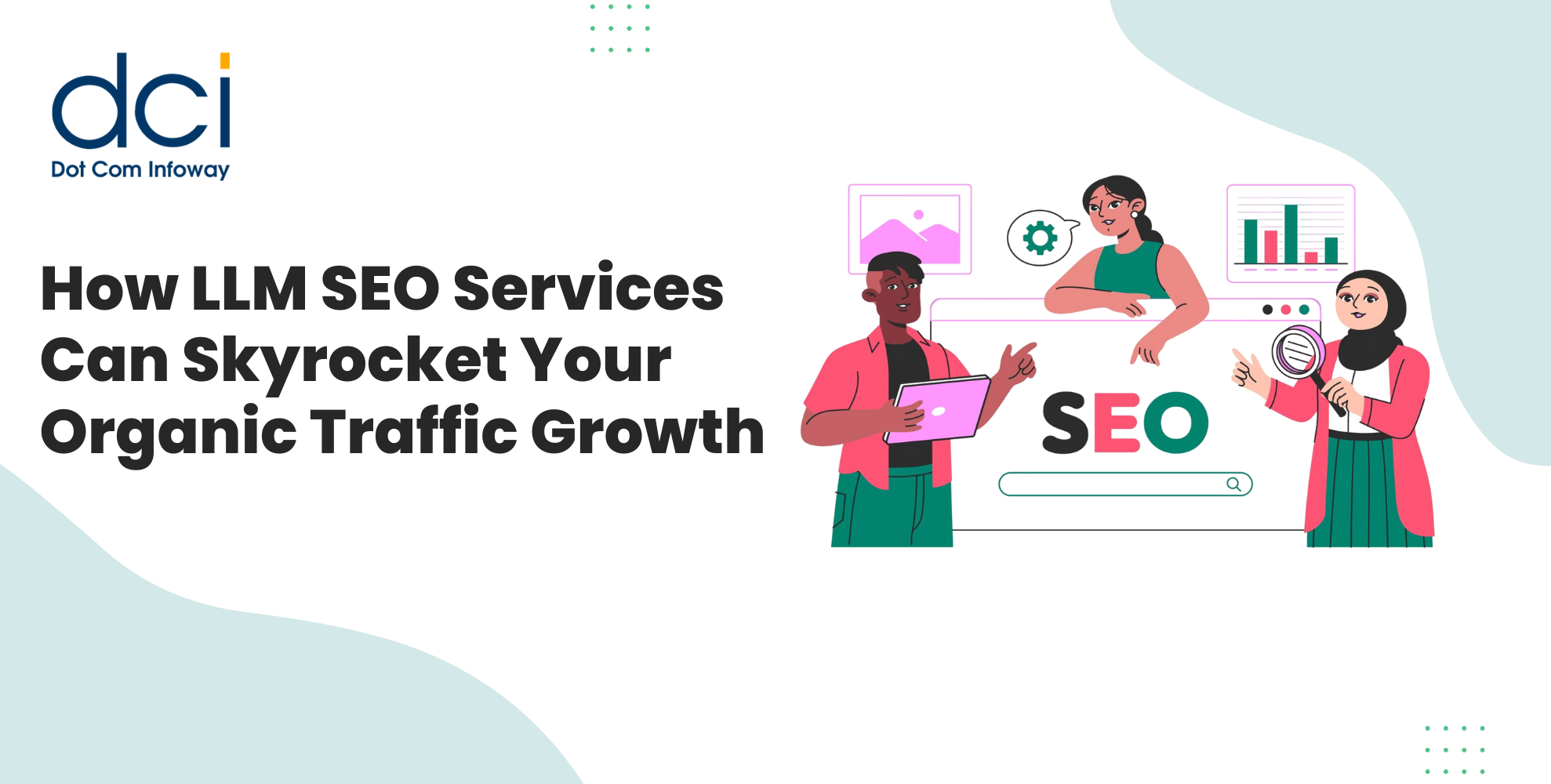





![The Game Marketing Guide: Pre and Post-Launch Strategies [Infographic]](https://www.dotcominfoway.com/wp-content/uploads/2023/09/DCI-Game-Marketing-blog-1.jpg)

